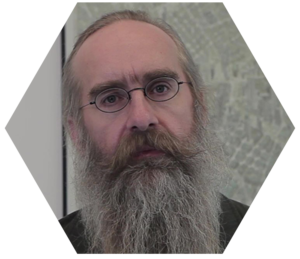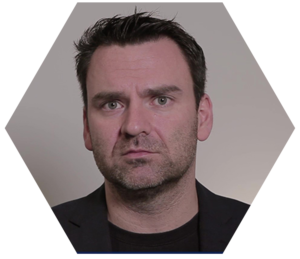- Criminology / Phenomenon / Prof. Dr. Bernd Belina
Prof. Dr. Bernd Belina
The digitalization phenomenon
- Belina: Threat
- Belina: Chances
- Belina: Vision
What is new about digitalization, what is new about smart cities, smart homes, smart policing, smart everything? What is new is not that data is worked with and algorithms are used. Algorithms, after all, are initially just structured techniques for evaluating data. What is new, however, is that there are capacities to jointly evaluate huge amounts of data, even very different data. What is new, however, is that these predictions are now largely made by machines, and less and less by humans and less and less well controlled. What is also new are not the dangers involved. Every prevention goes hand in hand with the dangers of discrimination, injustice, general suspicion. What is new, however, is that these dangers are being magnified and legitimised by the fact that machines now make the predictions. What concrete dangers can one imagine? A few examples of the concrete dangers: For example, smart homes can be misused by ex-partners for stalking, for example by turning on the alarm system at night, a phenomenon that is becoming increasingly common, i.e. misuse of the technologies. In the USA, predictive policing has been proven to regularly lead to people of darker skin colour being suspected, far more than proportionately. A problem of the algorithms themselves, for example, on programs used in migration control, where the last name is used to identify where someone comes from, and where there are large built-in sources of error, in the way machines make predictions.

Prof. Dr. Bernd Belina
- Bernd Belina teaches and researches since April 2008 at the Institut für Humangeographie [Institute of Human Geography]
- He received his doctorate from the Institut für Geographie der Universität Bremen [Institute of Geography at the University of Bremen] and subsequently worked at the Institut für Geographie der Universität Potsdam [Institute of Geography at the University of Potsdam] and the Leibniz-Institut für Länderkunde [Leibniz Institute for Regional Geography] in Leipzig.
- His main research interests are historical-geographic materialism, urban geography, political geography and critical criminology
- Phenomenon
- Threat
- Chances
- Vision





Comments